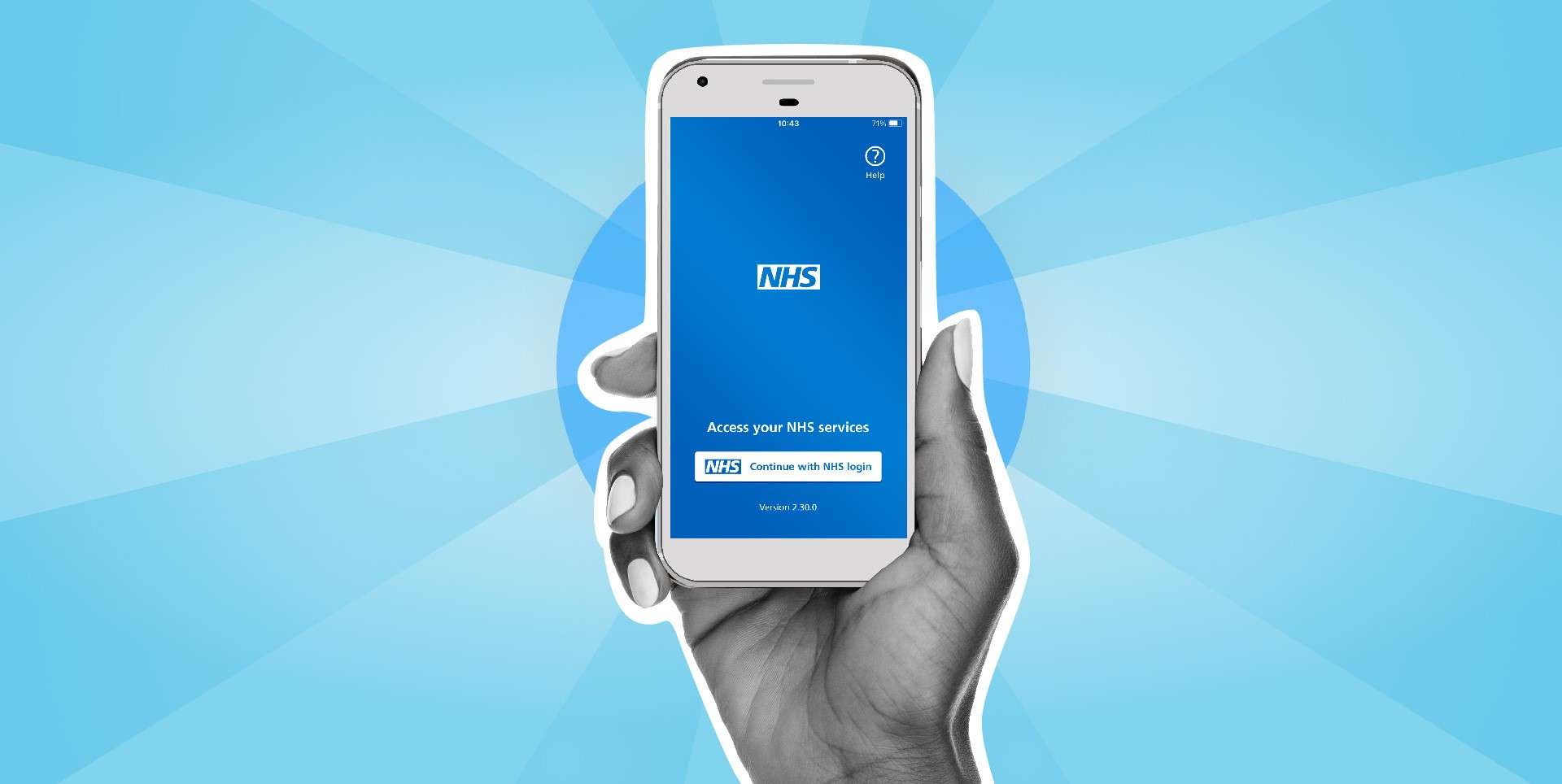Sam Shah, director for digital development at NHS England, discusses how single-problem healthtech solutions do not align with the wider health technology vision
Digital health transformation is an enormous undertaking and digitising our national health service is going to be a constant learning curve. Digital development of the NHS is well underway, but we are still seeing too many decisions being made that are purely based on what is administratively convenient. Convenience alone should not be the focus, and is unlikely to create the right outcomes for our clinicians, our wider workforce, and most importantly, our patients.
As I discussed at the Healthcare Partnership Network, we need to correctly digitise the health service. How? By doing our research – we work out what it is that patients and clinicians really need, and what their current problems are. This will allow us to design services around those individuals.
Simple, right?
Wrong.
I see decisions that are made purely based on what works for health service managers because it ticks a box right now or achieves a vanity metric. What we are seeing at the moment is a focus on providing lots of new digital tools. We’re putting them out there, and hoping that people use them. We don’t put enough effort into user experience and user research, and we don’t put enough focus into citizen or user-centric design.
Why have we struggled with this? It is a challenge to get the research stage right because people simply don’t have enough time, skills, or they just don’t know what they don’t know. The traditional approach is to throw some technology at a problem without knowing if it’s right. We have lots of well-meaning commissioners, clinicians and managers who are good at doing their job, but they are not engineers in digital health. They are not the people who have the skills and knowledge to necessarily translate their problems into solutions through technology. This leads to decisions being made that are driven by the perception of what would be good, rather than measuring user needs against the service design.
A step-change
Initiatives like the NHS Digital Academy are helping to change this culture and educate the sector. The Academy was designed to create a step-change in the way the NHS develops digital leaders, with the first cohort of 100 delegates from around the health and care system in England commencing in April last year. This includes CCIOs, CIOs and many others charged with leading digital change, from both clinical and non-clinical backgrounds.
It is frustrating and worrying that we are still seeing decisions being made that are isolated from the rest of the NHS, and too much of a focus on single-problem solutions that don’t necessarily align with what we are trying to achieve. What we need our digital leaders of tomorrow to focus on and to ask, today, are:
• What is the problem we are trying to solve? What are the needs?
• What is it that digital offers firstly, for our patients? How are patients going to interact digitally with the health service, and how will it improve their overall care?
• What are the future evolving technologies that will change the shape of the workforce, change the training requirements of the workforce, and change the regulation of the workforce?
Digital innovation in healthcare is extremely challenging – and really requires a different type of leadership. We have to move ourselves away from short term problem solving, to long-term solutions which focus on the user.



